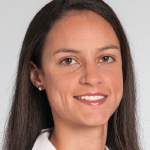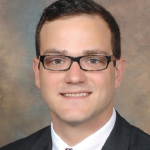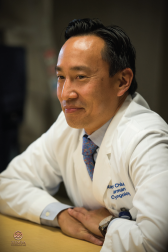Any discussion about the future of otolaryngology must include making sure our patients are informed adequately and accurately.


Any discussion about the future of otolaryngology must include making sure our patients are informed adequately and accurately.
Months of residency interviews, letter writing, and phone calls come down to one day to find out who we will spend the next five years training.

Valeria Silva Merea, MD, a laryngologist specializing in head and neck surgery at Memorial Sloan Kettering Cancer Center, discusses how sports taught her important skills, including discipline and time management.

Medical students described a negative academic climate to which they said USMLE Step 1 was contributing, a climate increasingly addled with competition over matching into subspecialties.
In this era of accused #FakeNews and political bullying of the media, many people have become cynical to what is reported in mainstream news.

Dr. Taffet, a practicing otolaryngologist at the Phoenix Sinus Center in Arizona, discusses how the art of skydiving has helped him relieve stress.

The Eliminating Kickbacks in Recovery Act of 2018 addresses the opioid crisis and is critical to understand the law and what it may mean for your healthcare facility in the future to remain legally compliant.

Dr. Samkon Gado has had the good fortune to have found two careers to love—professional football and medicine.

This past year, otolaryngology lost a trio of its greatest teachers. Drs. Glasscock, Alford and Stammberger will be sorely missed, but their teachings will live on.

Leadership and engagement are critical for individual phyisician and organizational well-being.